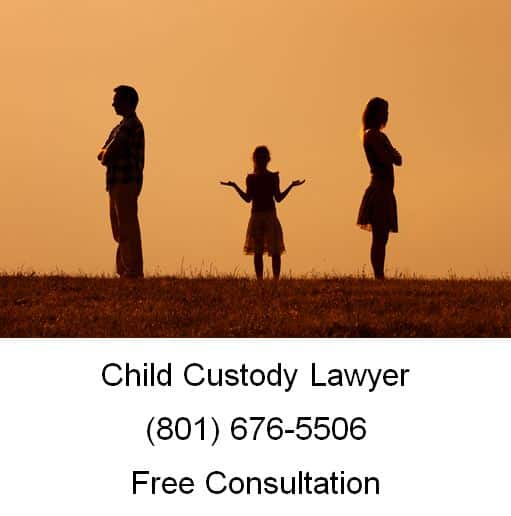
As you divide your house during a divorce or if you’re not married and just splitting up, you must determine how to share in your parenting duties and rights. In Utah, both parents have rights. Mediation can help you arrive at a satisfactory child custody agreement. It may or may not work, but under Utah law, it is required to attend mediation. As with litigation, thorough preparation for your mediation session is essential to achieving your objectives. Here are ideas to help you prepare for a child custody mediation that ends up being successful.
Knowing your goals at first seems like an obvious tip, but this crucial task is actually one of the most difficult. Write down your mediation goals concerning (1) Child Custody (2) parent time – also called visitation (3)parenting decisions and (4) Child support. The good thing is that in Utah, there is a child support calculator that the courts use and we can determine child support for you fairly.
Understanding Utah laws and the atmosphere of the family law court system can help you define the point when you are willing to walk away from mediation. A few dollars in child support or one extra week of visitation might be worth compromising about.
This is about the Children, not you
Your goal of mediation is not to win, but to develop an effective parenting plan. If your children would truly benefit from you having sole custody and your spouse having limited visitation, then fight for that settlement. However, your children may be best served by developing close relationships with both parents.
In most cases, children benefit if their parents communicate and cooperate. Mediation gives you the opportunity to establish an atmosphere of collaboration and mutual respect that can provide your kids with long-term stability — and diminish your stress when interacting with the other parent in the future. Whether you resolve your child custody issues through mediation or litigation, you need a strong advocate who keeps the best interests of you and your children in mind.
Recognizing Child Abuse
Child abuse can be difficult to detect. Authority figures such as parents, stepparents, or other adults in the household can exercise a great deal of influence over minor children. Even worse, abusive parents or adults may instill fear in their victims, making children less likely to report incidents of abuse, instead suffering in silence.
Parents must remain ever watchful for signs of abuse, including unexplained bruises, cuts, or burns, as well as changes in behavior such as aggressiveness or age-inappropriate statements or actions. But not all abuse is physical. Emotional abuse can be just as devastating to the development of a young child. The most direct type of emotional abuse is verbal harassment, including threats, put-downs, and other words that instill fear and undermine the self-esteem of a child.
Keep in mind, though, that emotional abuse can be indirect as well. Attempts by one parent to alienate a child from the other parent and undermine that parent’s authority can cause confusion and stress in the child and damage the parent-child relationship. If severe enough, such alienation is abusive. Even negligent parenting—the failure to supervise a child and exercise reasonable discipline when appropriate—can be a form of abuse.
Whatever the type, child abuse is a serious matter and it is important to take swift, aggressive action to see it discontinued. A tough Utah custody lawyer can fight to modify a custody agreement or obtain a court order to end abuse of your child by a parent or other adult in the household.
Free Consultation with Child Custody Lawyer
If you have a question about child custody question or if you need help with custody, please call Ascent Law at (801) 676-5506. We will aggressively fight for you.
8833 S. Redwood Road, Suite C
West Jordan, Utah
84088 United States
Telephone: (801) 676-5506
Recent Posts
Corporate Lawyer Salt Lake City Utah
Does Marriage Length Affect Property Division?


